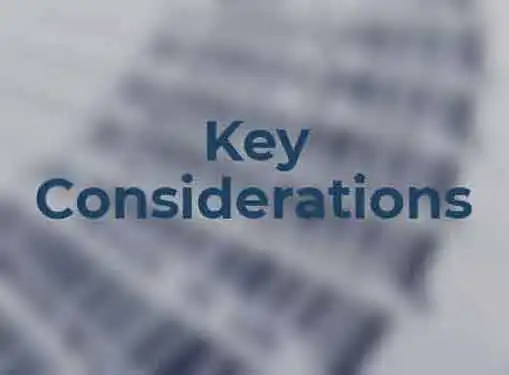Import Business
Key Considerations When Starting an Import Business
Import businesses can be a lucrative way to make a living. But importing also has some unique features that need to be considered before you commit time and resource to an import business startup.
Import businesses sound very appealing to young entrepreneurs.

After all, who wouldn't want to own a business that lets them travel the globe, explore exciting products, and then market them to masses of Americans eager to experience international merchandise from the comfort of their own neighborhoods?
We have to admit - that version of importing sounds pretty good to us, too. But the actual version of importing is much different than the utopian ideal. In the real world, importing is a difficult industry with tight profit margins, higher-than-average regulatory standards, and more than its share of daily hassles.
Although it isn't easy, successful importing businesses are achievable for most entrepreneurs. Here's what you'll need to know to launch your import business on the right foot.
- Import regulations. Before you take any action on an import business launch, it's important to understand the customs and import regulations for each of the products you plan to import. Don't include an import category in your business plan until you have completely fleshed out the requirements for that specific type of import.
- Export requirements. In addition to researching import requirements, you'll also need to explore the export requirements in the foreign jurisdictions where you will buy your goods. Every country has its own unique export regulations and a seemingly small oversight can ripple through your entire delivery chain.
- Freight forwarders & customs brokers. Freight forwarders handle the legal requirements for exports; customs brokers handle the requirements for imports. For inexperienced importers (and even importing veterans), these service providers mitigate the risk of delays and help ensure a more seamless importing experience. Their services come at a cost, but for many importers it's worth the investment.
- Additional requirements. Companies that import certain types of products (e.g. agricultural products, food items, automobiles, etc.) are required to obtain special licenses or permits before bringing merchandise into the country.
- Distribution. Getting your goods across the border is only the first step. Before your goods arrive at the port, make sure your distribution channels are in place and ready to receive products. If you aren't planning to retail the merchandise yourself, confirm arrangements with distributors and retailers before you purchase products overseas and ship them to the U.S.
Share this article
Additional Resources for Entrepreneurs




Conversation Board
We greatly appreciate any advice you can provide on this topic. Please contribute your insights on this topic so others can benefit.